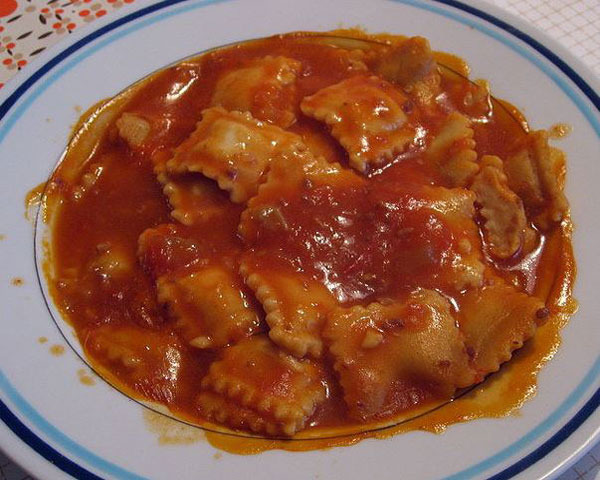The Food Almanac: Wednesday, March 20, 2013
Looking Up
Today is the vernal equinox, the first day of spring. This is the earliest beginning of spring in 116 years. At two minutes past six a.m. New Orleans time, the tilt of the earth's axis with relation to the sun is such that both northern and southern hemispheres receive the same illumination. The days are already a little longer than the nights, because of the refraction of the atmosphere, and they will continue to grow for another 92 days. And we are certainly having spring weather, with temperatures in the eighties not uncommon.
Gourmet Gazetteer
Crawdad Cove, Nevada is an arm of Lake Mead, the reservoir formed behind the Hoover Dam. Looking at satellite maps, it's hard to imagine that many crawdads (crawfish) live there. Las Vegas is nearby, but you don't have to drive all the way there to find something to eat. Bistro Zinc in Henderson catches our eye. It's seven miles away by copter. You might want to go that way, because Crawdad Cove Road is a long dirt drag.
Annals Of Criticism
Today is the birthday, in 43 BC, of the Roman author Publius Ovidus Naso, better known as Ovid. Among his most famous quoted words are these, which I always include in my books of restaurant criticism, and believe to be true:
"It is not the critic who counts; not the man who points out how the strong man stumbles, or where the doer of deeds could have done them better. The credit belongs to the man who is actually in the arena, whose face is marred by dust and sweat and blood; who strives valiantly; who errs, who comes up short again and again; who knows the great enthusiasms, the great devotions, and spends himself in a worthy cause; who at the best knows in the end the triumph of high achievement, and who, at the worst, if he fails, at least fails while daring greatly."
The Saints
Today is the feast day of St. John of Parma, the patron saint of that town from which the great dry-cured prosciutto hams and the original Parmigiano cheese come.
Edible Dictionary
cioppino, [cho-PEE-no], Italian, n.–A stew of seafood with tomatoes, herbs, and red pepper. It's served with pasta, either on the side or right in the middle of the bowl with the cioppino itself. It's one of many dishes found in Mediterranean countries that are related to bouillabaisse, the most famous, French version. Cioppino is more often found in American Italian restaurants. Under that name, it first appeared in San Francisco, where it's a popular local classic. However, similar dishes can be found under other names in Italy–notably cacciuco, from Livorno.
Food Calendar
It's Ravioli Day. A raviolo (singular–but who ever eats just one?) is made by inserting dollops of some flavorful stuffing between two sheets of pasta, pressing the sheets together until they adhere, and then cooking them. They come in all sizes and are made with all stuffings. The truth about ravioli was revealed to me when I was a child: the kind you don't want are beef ravioli, which are almost inevitably nasty.
The standard ravioli these days are stuffed with cheese, usually a mixture of ricotta and Parmigiano. Spinach and mushrooms are other common stuffings, usually with a bit of cheese added to the mix. Some clever chefs, in their efforts to deconstruct food, have taken to casting cooked pasta sheets randomly in a bowl with the stuffing ingredients interspersed but not sealed. The first time I saw this I thought it was amusing, but it's been done too many times now. Besides, that assembly has another name: lasagna.
Food Namesakes
Fats Waller recorded the song All That Meat And No Potatoes today in 1941. Here's a web site that tracks other songs that make references to spuds. . . Hendrik de Fish, a Belgian sociologist, was born today in 1885. . . Ferdinand Foch, the French hero of World War I, and the man for whom oysters Foch at Antoine's are named, died today in 1929.
Words To Eat By
"Serenely full the epicure may say, Fate cannot harm me. I have dined today."–Sydney Smith.
Words To Drink By
"O merry swains, who quaff the nut-brown ale,
And sing enamour'd of the nut-brown maid."
–James Beattie, The Minstrel (1771).
